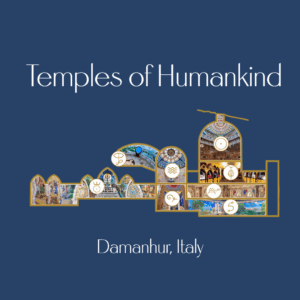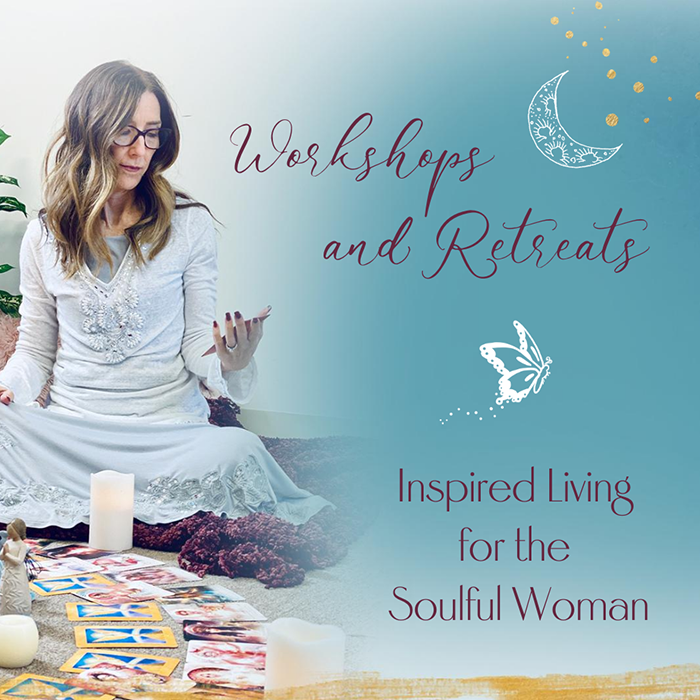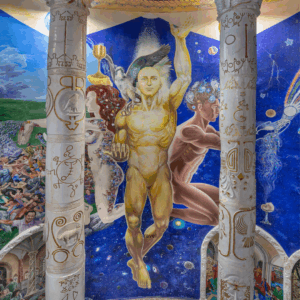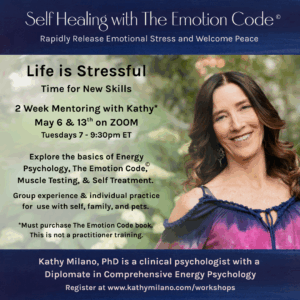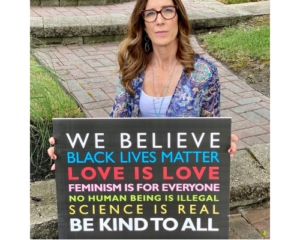Myths and legends across cultures reveal a shared desire among humankind to aspire to the exalted condition of the immortal Gods and Goddesses.
These myths influence aspirations of the human family. Some people extoll living in accordance with religious traditions, a committed spiritual path, or humanitarian ideals of changing the world for good. Others may seek to be the best in business, achieve great wealth, or claim mythic status in athletics or entertainment. Many simply strive to be good, do good, and feel good as they live their days.
One way or another, we’re all on the path of the Hero’s Journey.
The mythologist Joseph Campbell, who built on the work of Carl Jung, proposed that myth serves an important sociological function. Inviting people of all cultures, ages, and life circumstances to explore the human story, where they fit within it, and how things are intrinsically connected.
Epic myths, by design, evoke a sense of awe, support a religious cosmology, empower the social order, and introduce individuals to the spiritual path of enlightenment.
In our global society, myth is a universal language.
Campbell’s work influenced George Lucas who created the successful Star Wars saga as a “myth for modern man.” As people turn away from traditional religions, mythical stories and movies embody the truths that religion had traditionally conveyed.
People who would never enter a church love the movies.
Far from frivolous, this entertainment function serves to replace the wisdom keepers and story tellers around the fires of old. Enhanced by technological advances, people worldwide stream these myths into their homes.
The epic movies, like Lord of the Rings and the Marvel movies, offer a map of the Hero’s Journey.
Viewers, and especially diehard fans, share vicariously in the hero’s quest and experience their own subconscious cathartic transformation. The “hero within” follows the hero on the screen or the page as he/she/they make moral choices. Allowing the viewer or reader to decide, often unconsciously, that they too live in a moral and good universe.
Within all myths, we find a striving for perfection so that the human shines bright, beautiful, and powerful.
This perfection also enlists a hidden function of protection, as if such shiny magnificence would protect us from the frailty or miscalculations of our human nature.
Yet, even mythic beings make mistakes or miss the details.
As Ralph Waldo Emerson points out in his Essays (first series, 1941), Aurora asked for immortality for her lover, Tithonus, yet she forgot to mention that essential detail of “youth.” Thus, while he was granted immorality, Tithonus is perpetually old. And when Thetis sought to make Achilles invulnerable, he erred by holding his proverbial heel when dipping him in the sacred water.
